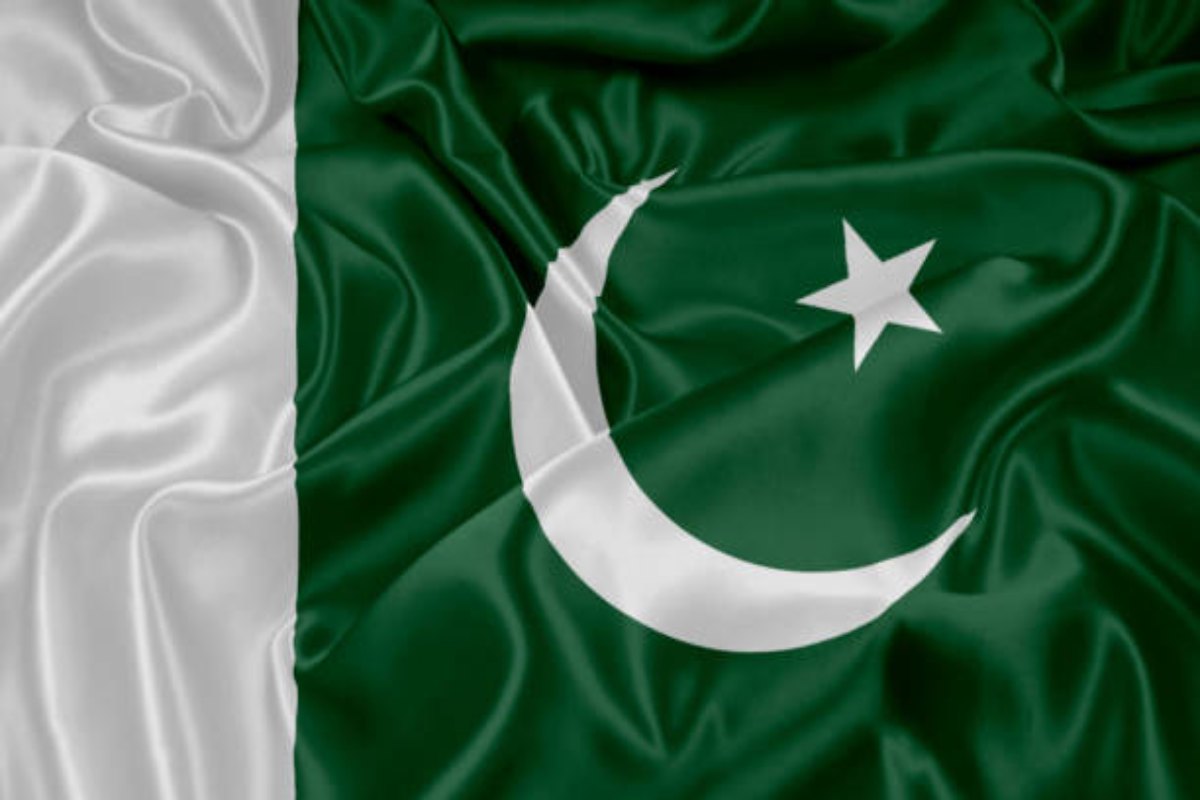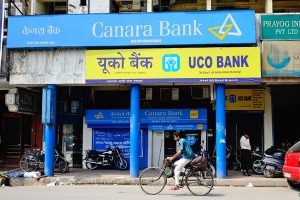The slow internet speed has become a nightmare for people in Pakistan, especially IT professionals and businessmen, as the country ranked 141st out of 158 nations that had the worst broadband speed in the month of October, the latest data has revealed.
Ookla’s Speedtest Global Index ratings have put Pakistan on the 100th position out of a total of 111 countries in mobile internet speeds and has ranked the country on 141st position out of 158 countries with the slowest broadband speeds for the month of October 2024.
Advertisement
The continuous slow speed of internet and data connectivity has made it almost impossible for users to send and receive messages, images, videos or voice notes on social media applications. Moreover, IT professionals, business houses, digital marketers, content creators, remote job workers and students getting online education have been severely affected by the ongoing internet disruption.
“We have lost clients after being unable to communicate, coordinate and deliver our tasks on time because of the reeling internet connectivity. I have two 100mb connections in my office and also a backup that is very costly. Yet, the inconsistent internet connectivity has damaged our work and clients, forcing us to lose major business contracts,” said Khurram Ali, owner of a software company in Karachi.
IT experts maintain that inconsistency in internet connections is denting the country’s economy with sectors like IT and telecom, which generate daily profits worth billions, getting directly affected.
Restrictions – including installation of a ‘National Firewall’ – imposed by the government and blockage of Virtual Private Networks (VPNs) has majorly affected the netizens of the country.
A recent report by the World Population Review (WPR) revealed that the average download speed available for Pakistani users hovers around 7.85 MBPS, median mobile broadband download speed is 15.52 MBPS and media mobile download speed is 19.85 MBPS.
Even as the public outrage continues to grow, the government led by Prime Minister Shehbaz Sharif insists on monitoring anti-state content on social media amid anti-government campaigns and protests led by opposition party Pakistan Tehreek-e-Insaf (PTI) that shook capital Islamabad, recently.
The government claims that it wants to put a curb on fake news, disinformation, fake propaganda and incitement to violence that is being disseminated through many social media platforms against Islamabad and the military establishment.











